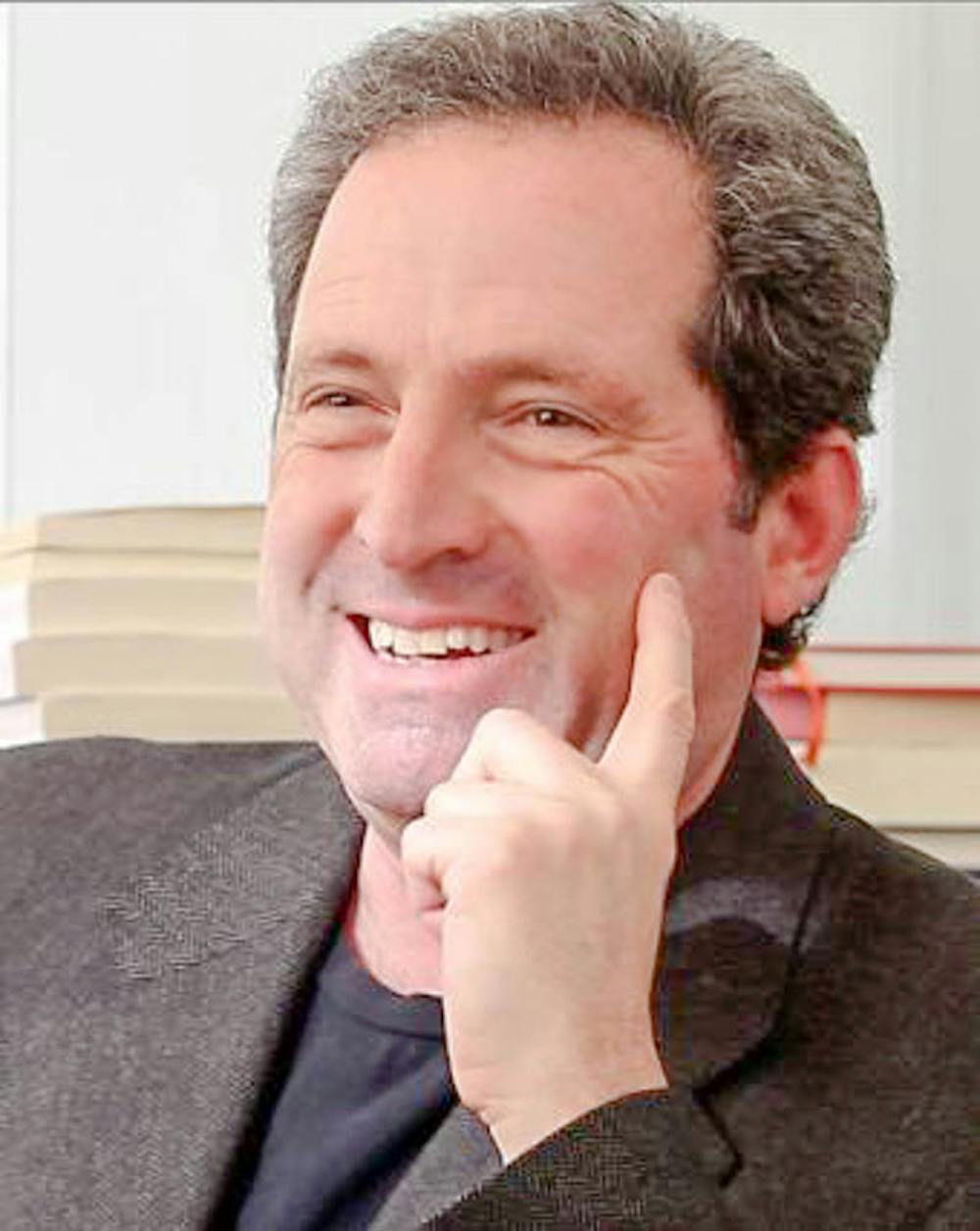Vice Provost for the Arts Michael Steinberg has been elected the new president of the American Academy in Berlin for a five-year tenure. Steinberg, a professor of history, music and German studies, was the director of the Cogut Center for the Humanities prior to becoming Vice Provost.
The American Academy “coincided a lot with my own interests such as European studies, relations between the United States and Europe and the power of Berlin as a happening city where academic and artistic developments are really exciting,” Steinberg said.
Steinberg described the American Academy as centered on the arts, humanities and public policy. “For me, things get really interesting when those three things come together,” he said.
Tasked with leading the American Academy past the 20th year since its creation, Steinberg expressed his desire to use the arts for social action. “I think the most pressing issue is the global refugee crisis, which really defines world politics and urban life,” Steinberg said. “The German government and Berlin as a city (have) acted really responsibly, and that’s something we can all learn from.”
He cited Brown as inspiration for a humanities-centered platform, recalling, “We were in Berlin last week with 70 Brown students including the Jazz Band and played a concert in Germany’s largest refugee camp set up in Berlin’s old airport. (The) idea of really reforming a population and recasting the population is something we really need to think about.”
“I am extremely pleased that Professor Steinberg has agreed to serve as President,” said Gerhard Casper, President Emeritus of Stanford University and the current President of the American Academy in a statement to The Herald. “His broad experience and innovative approaches will enhance the Academy’s programs to foster greater understanding and dialogue between the United States and Germany.”
Provost Richard Locke P’17 also praised Steinberg’s appointment. “He ran the Cogut Center for a number of years here at Brown, and I think the combination of his scholarship, his teaching interests as well as the administrative work he did at Brown makes him an especially strong candidate to be the president of the American Academy at Berlin,” he said.
Locke also discussed the impending change in the Arts Initiative, currently under Steinberg’s purview, to parallel the Institute at Brown for Environment and Society and the Watson Institute for International and Public Affairs. Following Steinberg’s transition, the initiative will be led by a faculty director.
When asked if he had plans to return to Brown, Steinberg answered without hesitation: “Yes.”





